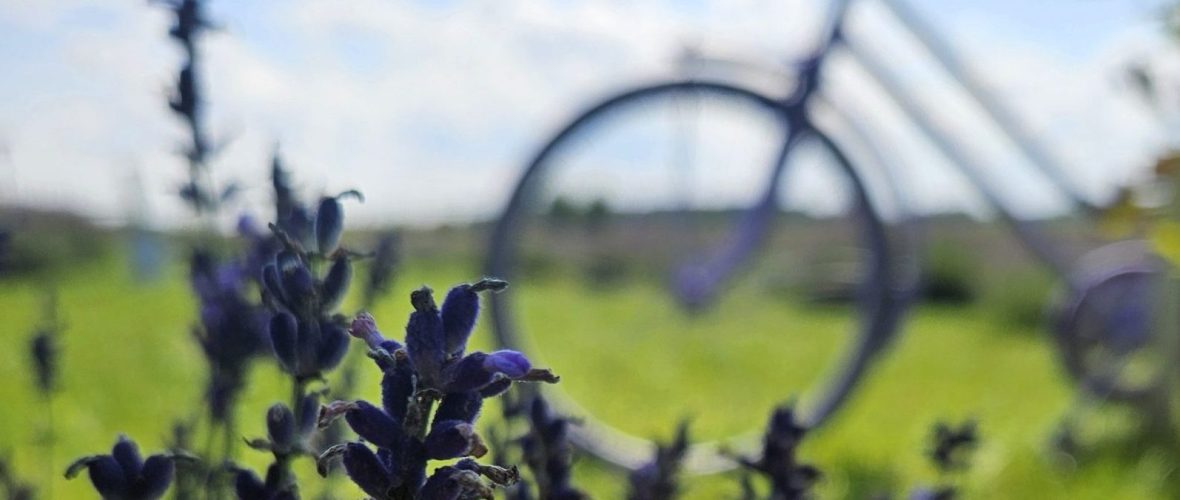Lavender is a symbol of calmness, purity, and peace of mind. It’s not only beautiful but also offers a variety of healing and soothing properties.
I’m definitely one of those people who is in love with lavender – the smell, the flavor, and the gentle comfort it brings. To me, it feels like one of the essential ingredients for self-care and well-being.
Lavender Usage
Calming
Lavender is best known for its calming properties. In both alternative and traditional practices, it has been used to ease stress, anxiety, and low moods. You might enjoy a warm cup of lavender tea, add a few drops of essential oil to your diffuser, meditate with its scent, or simply discover your own favorite ritual. Spiritually, lavender is often used to quiet the mind and support balance within the chakras.
Sleep
Lavender can help promote restful sleep by relaxing the nervous system. A cup of lavender tea before bed works wonders for me – I often drift off almost instantly. Sometimes, I sprinkle a few drops of essential oil on my pillow or place a lavender sachet under it. It’s also lovely to add a few drops to your evening bath or shower.
Cooking
If you enjoy the taste, lavender can add a delicate touch to your food experience. Today you’ll find it infused into ice creams, cakes, honey, cookies, and more. If you’re making tea, remember: lavender buds have a stronger, more aromatic flavor, while lavender leaves are gentler and milder.
Joy to the Eye
Many of us plant lavender in our gardens. It’s a beautiful addition to any landscape and a delight to see bees and butterflies flying around it. Lavender is also known to repel certain insects such as mosquitoes and flies.
Beauty Products
Thanks to its soothing scent, lavender is widely used in perfumes, shower gels, and massage oils. Some skincare products use diluted lavender oil to calm redness or irritation. It’s also added to hair products, where it’s often promoted to help reduce itchiness and dandruff.
Note: Essential oils should always be diluted before applying to the skin to avoid irritation. Some people may be allergic, so a patch test is recommended. And lavender essential oil should not be ingested unless it is specifically labeled food-grade and approved by a healthcare professional.
Interesting Facts
- – In the 15th century, young maidens sipped lavender tea in hopes of dreaming about their true love.
- – During the Great Plague, plague doctors carried lavender, rosemary, and sage in their iconic beak-shaped masks, believing the herbs would purify the air and protect them from illness.
- – In ancient Egypt, lavender (and similar aromatic herbs) was highly valued for spiritual and physical cleansing. When Tutankhamun’s tomb was opened in 1922, traces of aromatic oils, including lavender, were reportedly found.
Spirituality
Herbalist Adriana Ayales describes lavender as being associated with Mercury, the planet of communication and intellect. Lavender reflects Mercury’s energy by opening mental channels, refining thought processes, and supporting clear expression. It also encourages discipline and focus, helping us manifest with greater alignment. When communication drifts away from this higher alignment, we may become entangled in overthinking, criticism, and blockages that restrict creativity and healing.
In many southern regions, lavender fields stretch across the landscape with little shops nearby offering soaps, honey, bath products, oils, sachets, and more. Whenever I come across one of these shops, I simply can’t walk past without stepping in. What’s your favorite favorite way to enjoy lavender?
